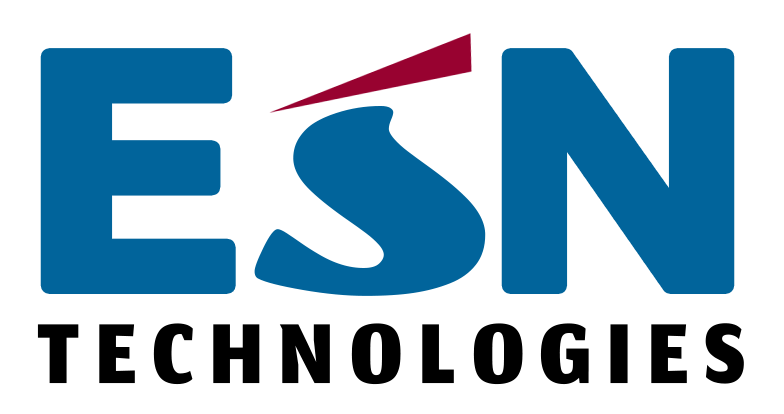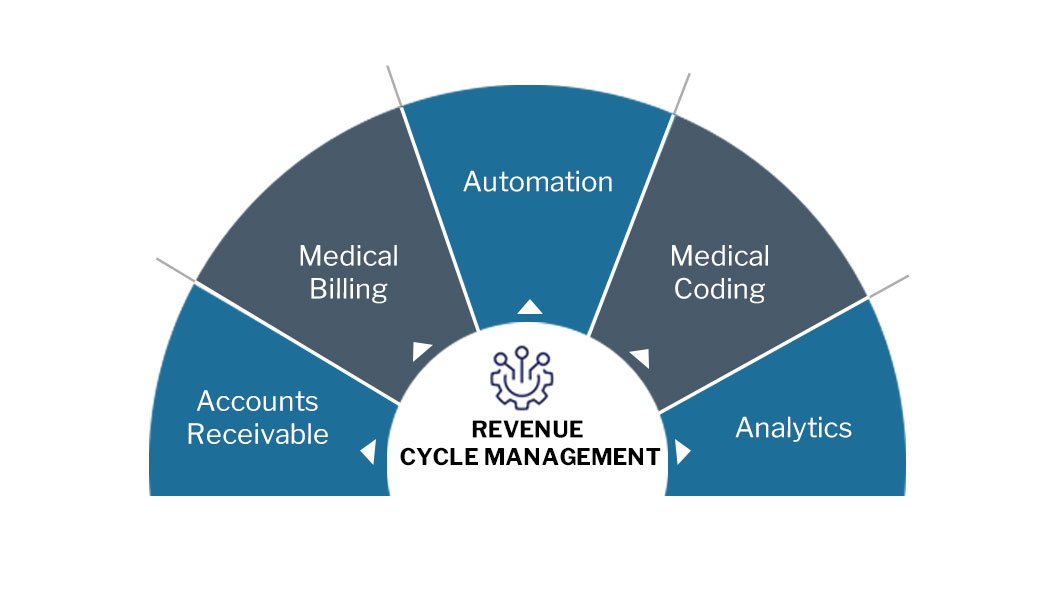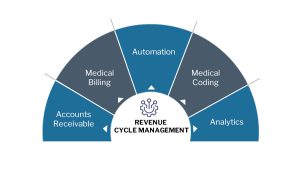Revenue Cycle Management (RCM) is a complex process that presents challenges for a multispecialty hospital network.
The hospital deployed an advanced RCM application to enhance both financial performance and operational efficiency. The challenges, advantages, and results of incorporating the RCM application into the healthcare system are examined in this case study.
Client Profile:
In addition to managing a large volume of medical services across numerous specializations, a healthcare system provides care to a diverse patient population. There are several facilities in the hospital network, and each faces unique administrative and financial difficulties.
Challenges:
- Billing Inefficiencies: The hospital experienced billing process hiccups that resulted in revenue leakage and postponed payments.
- Claim Denials: High percentages of claims being rejected were having a negative impact on cash flow and necessitating a large amount of resources for resubmissions and appeals.
- Manual Processes: A number of the revenue cycle’s activities, such as posting payments, processing claims, and determining eligibility, were done by hand and were subject to human error.
Solution:
In order to address the issues, the Healthcare System was facing, a comprehensive RCM application was implemented. The revenue cycle management application that was chosen included analytics, automation, and machine learning features to maximize different phases of the revenue cycle.
Implementation Steps:
- Needs Assessment: A comprehensive evaluation of the hospital’s current RCM procedures was carried out, and major problems and bottlenecks were found.
- Vendor Selection: The hospital evaluated a number of RCM systems before deciding on a provider with a track record of success, adaptable features, and a user-friendly interface.
- Integration with EHR: To guarantee streamlined data flow and interoperability, the RCM application was seamlessly integrated with the hospital’s electronic health record (EHR) system.
- Employee Training: To guarantee efficient use of the RCM application, extensive training sessions were held for the administrative and financial staff.
- Constant Improvement: To enable ongoing enhancement and personalization of the RCM application, a feedback loop was set up to collect feedback from end users.
Results:
- Faster Claim Processing: By cutting down on the amount of time needed for claim processing, the RCM application enhanced cash flow and facilitated faster reimbursement.
- Decline in Denials: The hospital saw a significant decline in claim denials as a result of automated eligibility verification and claims scrubbing, which lessened the need for time-consuming appeals.
- Enhanced Accuracy: By automating manual processes, human error was decreased, enhancing billing and coding accuracy and lowering compliance risks.
- Improved Visibility: The real-time analytics and reporting made possible by the RCM application allowed for proactive decision-making and improved visibility into financial performance.
Technologies Used:
- Node JS 16.17.1.
- GIT 2.38.0. windows.1.
- Angular 15.0.3.
- Angular Material 15.0.2.
- Typescript 4.8.4.
- Tailwind CSS.
- .Net Framework 6.0.
- MS Unit test Framework.
Tools Used:
- SQL Server Management Studio 19.1.56.0.
- Visual Studio 2022.
- Visual Studio Code.
- Power BI Pro.
- Microsoft Authenticator.
- Azure DevOps.
Conclusion:
The RCM application’s successful implementation demonstrated the transformative power of technology in optimizing the revenue cycle management process. The beneficial outcomes—such as quicker reimbursement, fewer denials, and increased accuracy—highlight the potential advantages for healthcare organizations looking to improve their operational efficiency and financial performance. This case study is an invaluable resource for other healthcare providers who are thinking about implementing advanced RCM solutions to better navigate the challenges of revenue cycle management.
The successful implementation of the RCM application showcased the transformative power of technology in optimizing revenue cycle management. The positive outcomes, including faster reimbursement, reduced denials, and improved accuracy, highlight the potential benefits for healthcare organizations seeking to enhance financial performance and operational efficiency. This case study serves as a valuable example for other healthcare providers considering the adoption of advanced RCM solutions to navigate the complexities of revenue cycle management.






